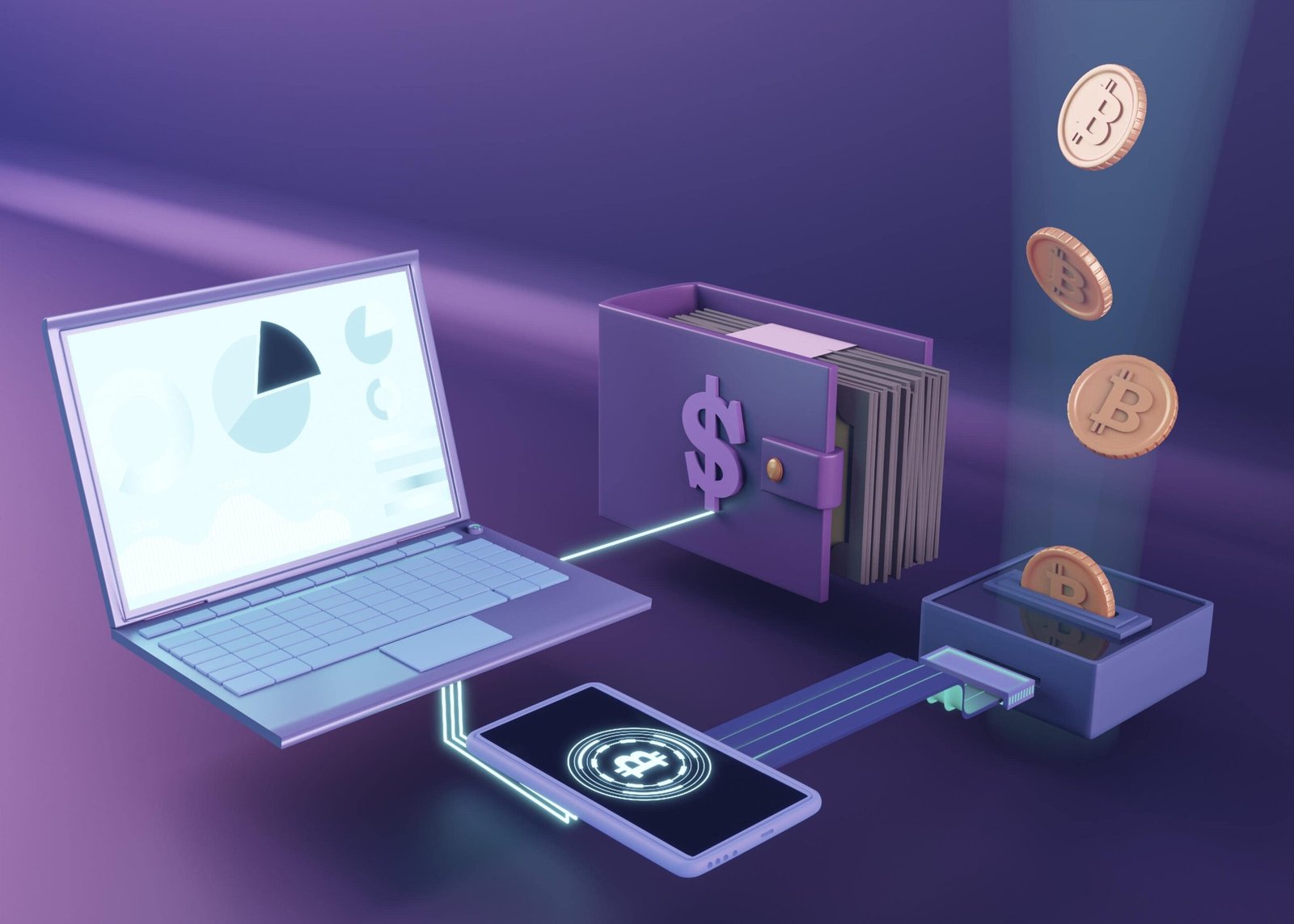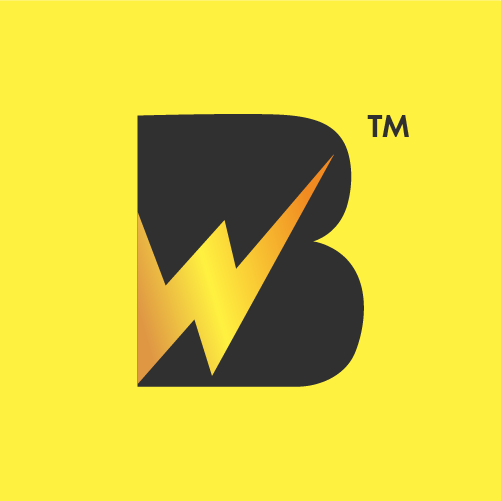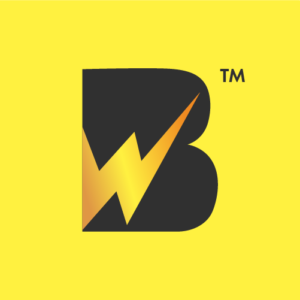In today’s rapidly evolving product development landscape, transparency, security, and trust are more critical than ever. As companies push for faster innovation while safeguarding intellectual property and sensitive data, blockchain technology has emerged as a transformative tool. But how exactly can blockchain play a role in product development, and why should companies take notice?
What is Blockchain Technology?

At its core, blockchain is a decentralized ledger that records transactions across multiple computers. Each transaction is encrypted and stored in “blocks” that are linked together to form a “chain.” This ensures that the data is secure, transparent, and immutable. But beyond cryptocurrency, blockchain is now being utilized in various sectors, including product development, where it can enhance security and transparency.
1. Enhancing Data Security in Product Development
In product development, protecting sensitive data—such as intellectual property, blueprints, and trade secrets—is paramount. With traditional centralized databases, there is a risk of hacking or unauthorized access, which can result in stolen ideas or compromised product designs. Blockchain’s decentralized structure provides a solution by making it incredibly difficult for hackers to alter or steal data.
Every transaction or data exchange is encrypted and linked to the previous one, making unauthorized changes nearly impossible without altering the entire chain. As a result, companies using blockchain in product development can feel more secure in protecting their intellectual assets. This is crucial for sectors like pharmaceuticals or technology where confidentiality is key.
2. Improving Transparency and Traceability
Blockchain’s transparency is another significant advantage. In product development, there are often multiple stages—from ideation to prototyping to manufacturing—and various stakeholders involved. Blockchain enables companies to track every step of the process transparently. For example, if a company develops a product using parts sourced from different suppliers, blockchain allows them to trace each component back to its origin.
This level of traceability is beneficial for both companies and consumers. It ensures that products are ethically sourced and manufactured, and it can help in quality control and compliance. Blockchain can also enhance trust between manufacturers, suppliers, and consumers by providing a clear and verifiable record of the entire development and production process.
3. Facilitating Smart Contracts for Product Development

Smart contracts are self-executing contracts where the terms are directly written into lines of code. They automatically enforce and execute agreements when predefined conditions are met. In product development, smart contracts can streamline transactions and collaborations between different stakeholders.
For example, a company can set up a smart contract with a supplier to automatically release payment once specific milestones are achieved, such as the delivery of materials or the completion of a prototype. This reduces delays, minimizes disputes, and ensures that all parties meet their obligations on time. Smart contracts can also help with licensing agreements, royalties, and intellectual property management.
4. Blockchain for Intellectual Property Protection
Intellectual property (IP) theft is a significant concern in product development. Companies invest time and resources into creating new products, only to have their designs copied or stolen. Blockchain can help combat this by allowing developers to register and timestamp their designs or ideas on the blockchain.
Once registered, the blockchain acts as a proof of ownership, ensuring that the product design or concept is attributed to the rightful owner. This can be especially beneficial in industries like fashion, technology, and entertainment, where IP protection is critical. Additionally, blockchain’s immutable nature means that once the design is recorded, it cannot be altered or deleted, providing further protection.
5. Blockchain in Supply Chain Management
A crucial part of product development is ensuring a reliable and transparent supply chain. Blockchain can improve supply chain management by providing real-time visibility into every step of the process. This enables companies to identify inefficiencies, reduce costs, and ensure that their products are delivered on time.
For example, by using blockchain, a company can track a product’s journey from raw materials to finished goods. This level of transparency can also help with regulatory compliance and ensures that products meet industry standards. In industries such as electronics, food, and pharmaceuticals, where counterfeiting and quality control are major issues, blockchain can play a pivotal role in building trust.
6. Case Studies: Blockchain in Action
Several companies have already started integrating blockchain into their product development processes:
- IBM: IBM has developed a blockchain-based solution called “Food Trust,” which allows food companies to trace the journey of their products from farm to table. This enhances transparency and helps ensure that food products are safe and ethically sourced.
- Provenance: Provenance, a blockchain startup, provides transparency for supply chains, ensuring that consumers can verify the origin of the products they purchase, whether it’s clothing, food, or electronics.
These case studies demonstrate how blockchain is already transforming industries by improving transparency, trust, and security in product development.

Conclusion: Blockchain is the Future of Secure Product Development
As the demand for transparency, security, and efficiency grows, blockchain technology offers companies a reliable solution to enhance their product development processes. By leveraging blockchain’s decentralized, secure, and transparent nature, companies can safeguard their intellectual property, streamline collaboration, and build trust with consumers.
Incorporating blockchain into product development may require upfront investment and technical expertise, but the long-term benefits far outweigh the challenges. As more companies adopt this technology, the future of secure, efficient, and transparent product development looks brighter than ever.



